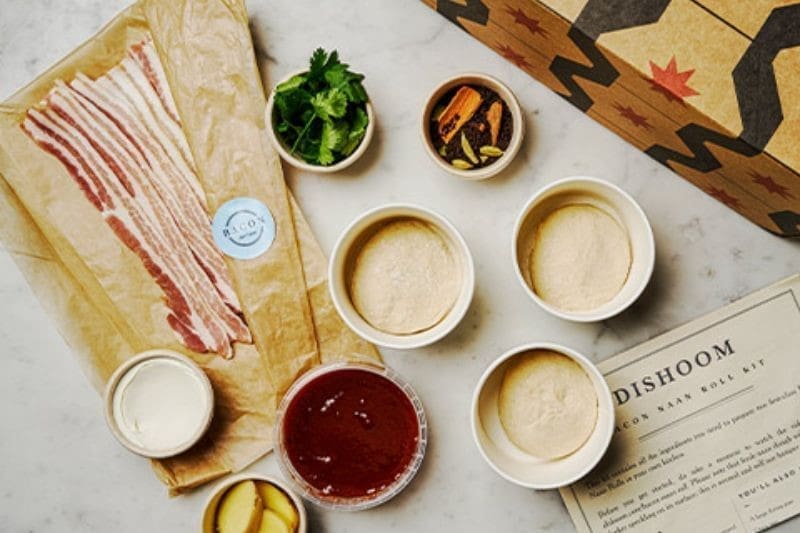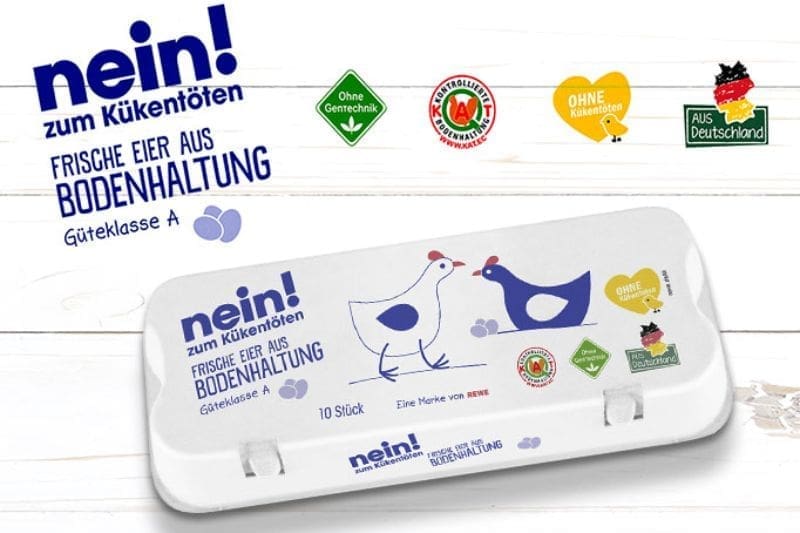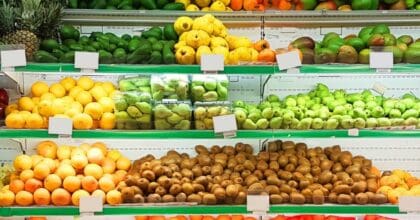Good value is always a key priority for consumers. As we begin to recover from the pandemic, we will likely enter a period of tough economic struggle. Back in 2008-09, the combination of tighter consumer budgets, higher food inflation and general uncertainty saw consumers rethink many of their food shopping habits.
In the UK, over half of buyers of branded and private label products say buying own-label makes them feel like a savvy shopper, rising amongst the highest earners and those describing their financial situation as healthy. This demonstrates the opportunity for retailers to appeal not just to those consumers looking for a bargain out of necessity, but the much larger group seeking this out of choice as well. Almost seven in 10 German consumers believe that the range of private label products has improved in recent years, and over half have seen improvement in their packaging.
Post-pandemic times will create opportunities for retailers to generate new capabilities to differentiate their private label ranges in a competitive marketplace. We explore the four key trends that will shape the future of the private label industry.
-
Amazon: stepping up private label ambition
Amazon continues its relentless push into grocery, launching new private label brands and expanding its reach both online and on the high street. Down the road, Amazon’s private labels could present more competition for traditional retailers, particularly if it opens a significant number of grocery stores and creates aggressive marketing around the brands in Amazon Fresh and Amazon Go stores.
Amazon is ramping up private label
Source: Amazon
To withstand the potential threat of Amazon’s private label expansion, mainstream grocery retailers have to prove their ability to innovate in both online and offline spaces. As the world undergoes a digital transformation as a result of the pandemic, mainstream retailers will continue to invest heavily in technology to support online growth and increase their fulfilment and delivery capabilities. Given the continued rapid growth of the online grocery industry, operators that fail to adopt an omnichannel presence and have well-defined strategies will find themselves losing market share.
-
Local solutions
In line with the Mintel Trend Locavore, consumers are demanding more transparency from companies. They want to know who makes their products and how. They want to feel like they are helping their community by consuming locally produced goods.
Greater expectations around giving back will outlive the pandemic. Retailers must demonstrate how they are enriching local economies, environments and communities in a meaningful way by building local values into innovation.
For example, South African Pick n Pay’s Frozen Edamame Beans are grown locally by farmers empowered by a programme providing both support and training. The brand seeks to deliver consistent quality whilst creating employment to give back to the community.
Pick n Pay Greengrocer’s Promise Frozen Edamame Beans (South Africa)
Source: Mintel GNPD
-
Elevated at-home dining
Private label ranges play an essential role in consumers’ shopping trip decisions. In fact, around half of the consumers across European markets say they would choose a retailer with a wide range of private label products over one with a smaller range. A dynamic premium range will support consumers in making those shopping decisions.
The dine-in positioning will remain relevant in the post-pandemic world. In the UK, foodservice businesses were fast to steer towards this evident opportunity, with the artisan bakery chain Gail’s and the much-loved Indian restaurant group Dishoom being among the first to offer DIY kits for breakfast.
Dishoom Bacon Naan Roll breakfast kit (UK)
Source: Dishoom
-
Sustainability reloaded
COVID-19 heightened consumers’ concerns for their health and the environment, leading to further demands on product origins. Private label products often lack the transparency that branded products have, with only limited products like meat and dairy being required to list farmer or producer details.
However, retailers are trying to increase transparency with improved labelling to build trust. For example, German retailer Rewe switched the sourcing of its entire private label egg range to laying-hen breeds where male chicks are not killed. Rewe highlighted the changes to consumers by changing the traditional ‘ja!’ logo to a ‘No to chick culling!’ label on its egg boxes for fresh barn eggs.
Rewe’s egg boxes (Germany)
Source: Utopia
To reassure consumers and help them navigate sustainability claims, several companies are proposing eco-scoring systems. For example, French Eco-Score initiative informs consumers about the impact of their food choices and guides them towards responsible individual consumption. The Eco-Score calculates products from A (low) to E (high) according to their environmental impact.
Consumers can scan private label product barcodes in retailer Colruyt to see their eco-scores (Belgium)
Source: Colruyt












































